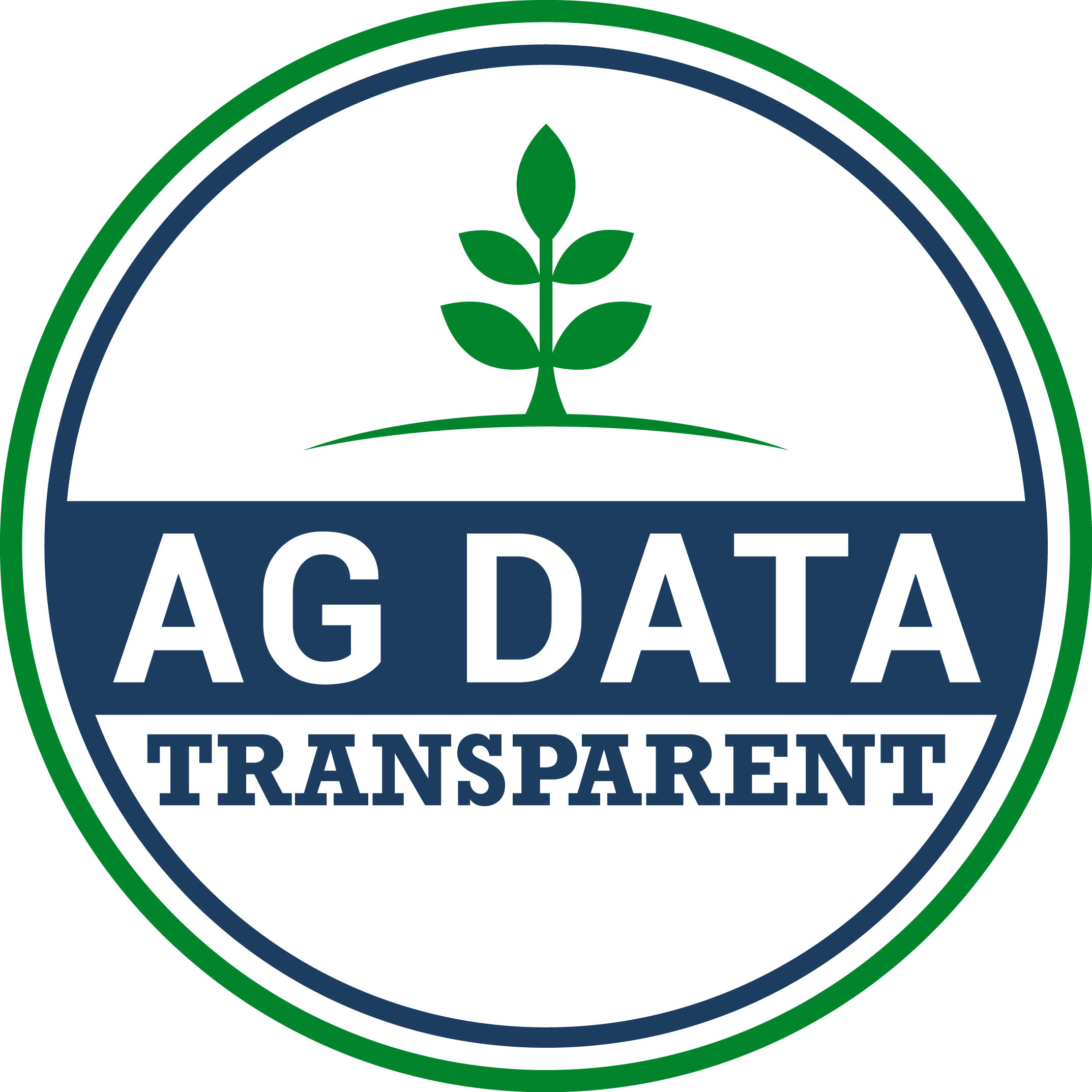A Love of Soil, Water and Farmers Drives ADT Officer Gentry
Growing up in North Carolina farm country, but not on a farm, instilled a passion for the land in Laura Gentry. “I was living vicariously through my farm friends, in fact, when I was a kid, I wanted to be a soil and water conservation district specialist,” Gentry recalls. That early fascination with stewardship and soil laid the groundwork for a career rooted in agricultural advocacy and scientific inquiry.
Her career path has led to the role of Director of Water Quality Research for the Illinois Corn Growers and her farmer focus is also reflected in her service as ADT’s Treasurer. Each step led to the next, focused on helping farmers best manage their resources, including their data.
Gentry’s first career step after earning her bachelor’s degree in Botany at North Carolina State University was the vineyard at the Biltmore Estate in Asheville, NC. Next, a stroke of luck put her resume on the right desk to secure a spot working in soil science at an NC State research station, where she learned that an assistantship would help her get a master’s degree and a salary. “From there, I got lucky again and met a professor who offered me a PhD assistantship in soil sciences,” she said. “I was always interested in conservation practices, which led me to a role at North Dakota State in Fargo where I could teach and do research.”
After getting married to an Illinois native and wanting to get back to the lower Midwest, Gentry worked at the University of Illinois studying corn agronomy and soils, which led to her current role with Illinois Corn Growers. “It was 12 years ago and my role was created in response to the state’s nutrient reduction strategy. Illinois corn growers knew this would be a big deal and we needed to get out in front on water quality issues,” she says.
In the following dozen years, she has focused on helping farmers find the best and most effective way to address conservation goals. “We want to do this on our own terms and move the needle without regulation,” she says. The Precision Conservation Management (PCM) program has helped advance the idea of integrating a financial look at conservation issues – helping farmers get more bang for their buck.
This interest in making the most of a farm’s assets extends to their data. “I could see that others were benefiting from a farmer’s data, and the data was being treated as a free resource,” Gentry said. “I would tell farmers that if they were not careful, their data would slip through their fingers like water. They might be compensated for it once, but there were often clauses that allowed that data to be used and reused in any way those who had procured it saw fit; sometimes the data was sold for a direct profit, sometimes it was used to refine and improve tools or platforms that were then sold back to the farmer at a higher price. Once the data was handed over, it was impossible for the farmer to manage it again. Our data is an incredibly valuable asset.” She notes that over the last 10 years, there has been a change in farmers’ mindset about data in realizing the value, which makes ADT’s role in the industry important.
“ADT has had an outsized role in raising awareness and lifting up the good actors,” Gentry says. “Farmers are recognizing the value of their data and are growing more savvy on expectations, but the reality is that data is hard to track and time is limited, so transparency with tech providers is important.”
She says, “I really admire the mission of ADT, it started with right values and right vision, and I appreciate the organization and am grateful to be a part of it.”
